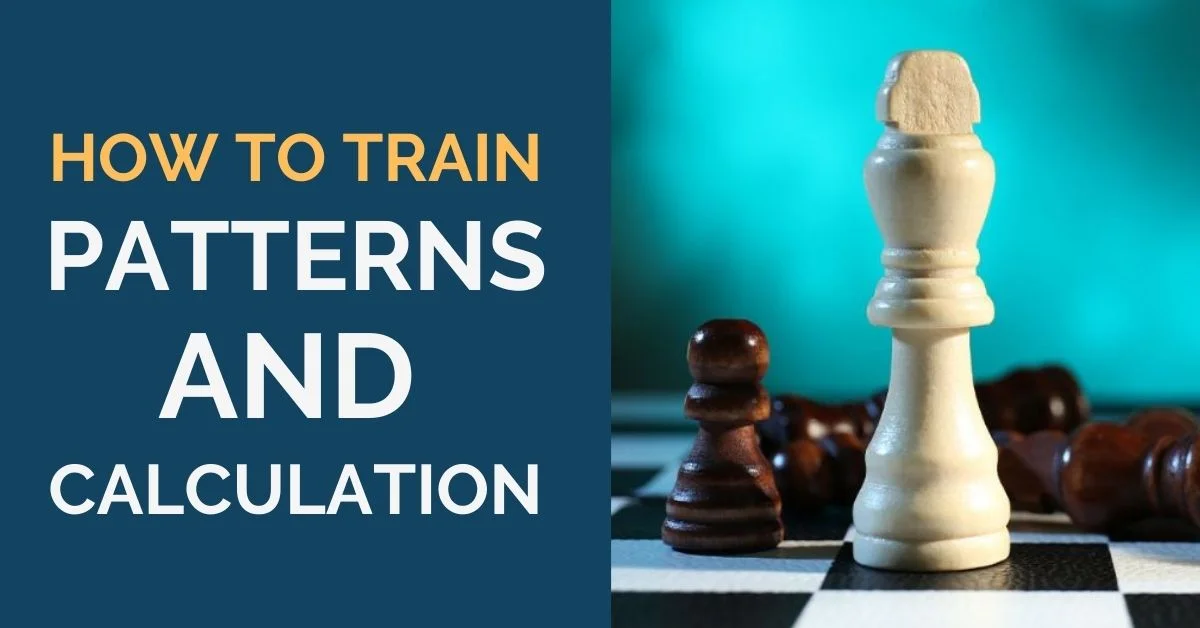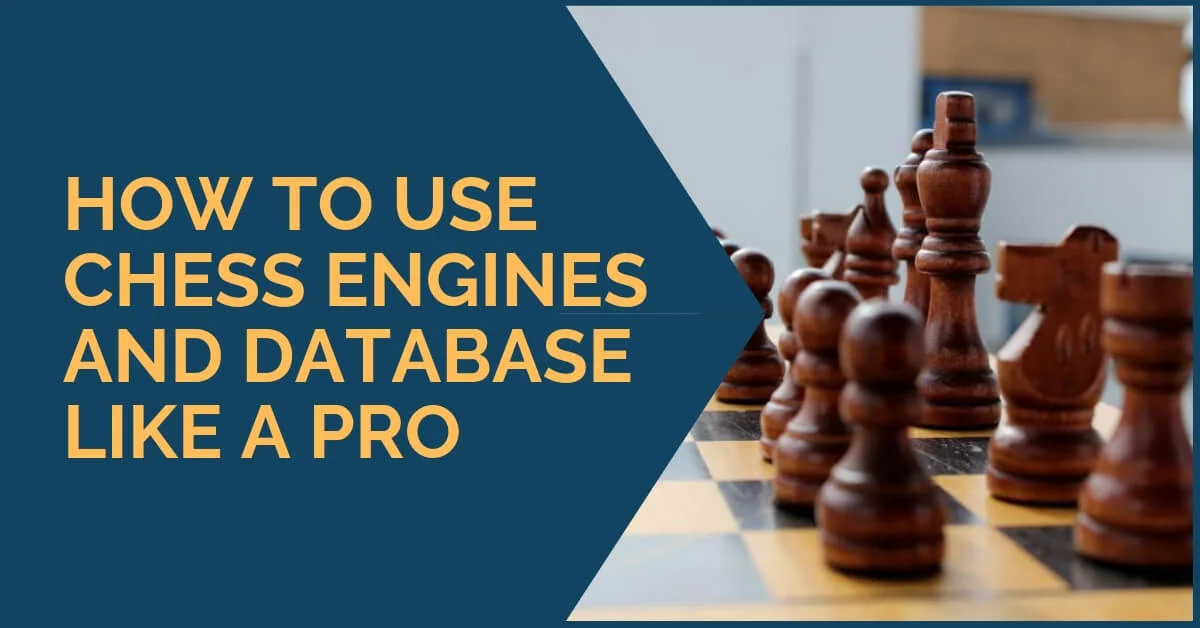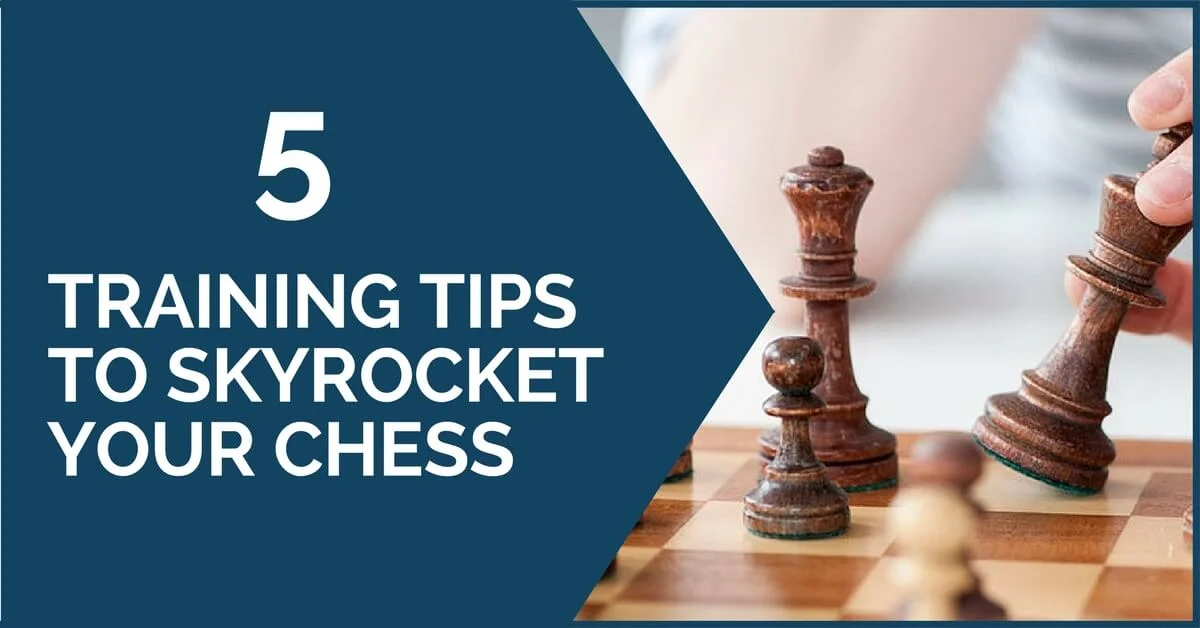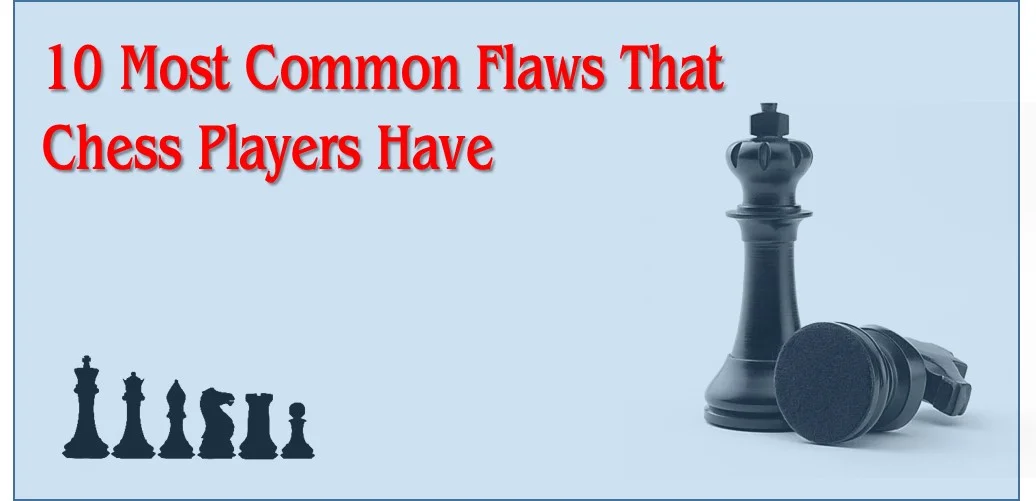Pattern Recognition and Calculation Skills: How to Train Them

Pattern Recognition and Calculation Skills: Everyone knows how important it is to be good at tactical play. It helps to find beautiful combinations and avoid blunders. Apart from that, excelling at tactics often helps compensate for other chess weaknesses.
When you have a bad position, you can exploit the opponent’s tactical inaccuracies to eventually come up on top. Contrariwise, if you have a winning position you need to be careful not to miss any tactical ideas (for both sides!) to finish the game positively. But how do you get better at it?
Great players are able to spot appearing tactics and precisely calculate what they lead to. To achieve that, every player should work on pattern recognition and calculation. These are two major and essential skills to develop.
Pattern recognition
To train your pattern recognition, you should be frequently solving tons of tactical exercises.
At some point, your accuracy and speed will increase. To make the training even more effective you can solve puzzles divided by topics. It can be the puzzles on pins, forks, discovery attacks, and any other tactical motifs. After mastering one topic, you can switch to the next one. Later, you can practice by solving mixed sets of puzzles.
This will show whether you have issues with identifying a certain pattern or everything is learned properly.
This process is more or less infinite: even the best players in the world still work on their tactics, because there’s always room for improvement and you can choose more challenging puzzles in your next sessions.
You can solve more high-rated puzzles on different websites or choose books on tactics written for more advanced players.
Calculation skills
If to train your pattern recognition you could solve lots of easy puzzles (the main thing was the quantity), with calculation the situation is a bit different. It demands some hard work: here you would need to be disciplined and fight idleness.
Hard puzzles, unclear positions, endgame studies – all of these can serve as good exercises to improve your calculation skills. Although would be great to do it in a more structured way. You can find exercises designed for different aspects of calculation.
For example, to improve your visualization, it is great to solve tactics blindfold. Imagine the following position: White’s king being on c3, the bishop on e1, the knights on e5 and b6, Black’s king on b8, the rook on b7, and the bishop on c7. Can you find how White can win here without looking at the board?
You should also work on your imagination. There are many endgame studies with beautiful and unexpected ideas that could help you. After a few training sessions, you will notice an improvement: you will see more ideas in your games and become more resourceful.
There are many useful techniques to use when calculating, for example, the candidate moves, prophylaxis, or the intermediate moves techniques. It is not enough to know what they mean in theory; you should try implementing them into your thought process during the games. It makes sense to practice it on training positions or puzzles.
Try to calculate in a structured way, do it quickly and precisely. You can find out more about this complicated topic from different chess books, courses, or specific articles. Since you can gain this skill by practicing only, it would be great to have a coach or someone else helping you throughout the process as well.
Pattern Recognition and Calculation Skills: Conclusion
Pattern recognition is one of the most crucial things to work on in chess.
In this article, we discussed it regarding tactics only, but pattern recognition works the same way with positional chess, openings, and endgames. As a rule of thumb, the more you see different ideas, the better you remember them.
The calculation is essential as well. It can be trained in different ways, but I personally would emphasize solving endgame studies and blindfold training. Also, don’t be afraid of hard work: once you get used to calculating and solving it becomes really enjoyable.
Take Your Patterns and Calculation to the Next Level:
IM David Fitzsimons has marvelously structured this training into two parts, viz. patterns and calculation—if you know the position, you will recognize the pattern, and if you don’t, you will calculate your way out of it.
https://thechessworld.com/store/product/patterns-and-calculation-with-im-david-fitzsimons/










Comments: